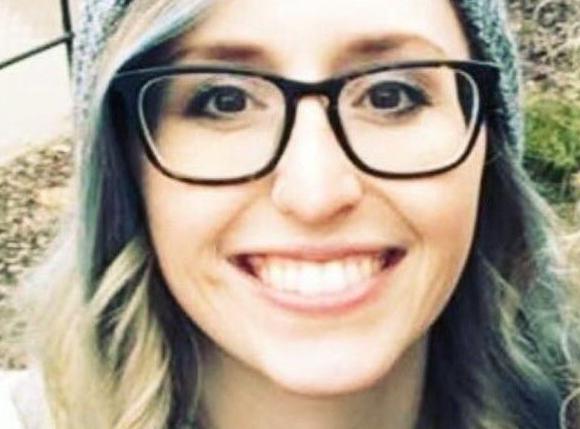
This summer, I was proud to help host the Appalachian Queer Youth Summit, the first-ever summer camp just for LGBTQ+ West Virginia high schoolers.
The camp was born of necessity. It’s not always easy being a kid, and it’s never easy being a queer kid. But being a queer kid in West Virginia, which a recent UCLA report found is tied for dead-last in LGBTQ+ acceptance? That’s its own kind of not easy.
At the American Civil Liberties Union of West Virginia, we hear from young LGBTQ+ people and their parents frequently.
They tell us they’re afraid to go to school because they experience daily harassment and bullying that goes ignored. They tell us they’d rather develop a bladder infection than use the school restroom – either restroom – over fears of violence.
These kids are a gift, and our team was privileged to work with them as they built a kind and inclusive space for themselves. They’re bright, funny, genuine and caring. I wish more West Virginia schools could see in them what we see.
Instead, so many schools are sitting by while kids like them experience harassment and worse.
In Randolph County, a student mural featuring a rainbow with the words “Everyone is Equal. Treat Everyone with Respect” was deemed controversial.
The situation became so heated that many LGBTQ+ students said they felt too unsafe to go to school at all. The bigots won and the rainbow, which could have quietly signaled hope to marginalized students, was painted black.
At the summit, campers learned about advocating for issues they care about.
But perhaps more importantly, they broke down barriers of isolation. Even in our digital society, these kids can go their whole childhood without meeting another openly LGBTQ+ person.
As the summit wound down, we asked campers to tell us how they were feeling. A 17-year-old boy from southern West Virginia pulled me in for a hug.
“Thank you,” he said. “I’ve never felt this safe anywhere before.”
I was filled with pride but also profound sadness. It shouldn’t take 17 years for a kid to feel safe for the first time.
The U.S. Supreme Court’s ruling in Bostock v. Clayton County, the 4th Circuit ruling in Grimm v. Gloucester County School Board and Title IX are clear: Students must be protected from bullying, discrimination and harassment; they must be allowed to form LGBTQ+ clubs; their correct pronouns and names must be used; and they must be allowed to use facilities matching their gender identity.
The field of education isn’t easy, especially these past two years. Educators have been asked to do the impossible with little support and constant criticism from parents and policymakers alike. But we as educators should be united in our desire to protect and foster kids.
Statistics on trans youth are sobering, showing that half of all trans boys have attempted suicide. That’s five times the rate for cisgender boys.
Here’s the good news: we as educators have the power to make an enormous impact on this figure. And unlike teaching through a pandemic, it isn’t difficult at all. Studies show having just one accepting adult can nearly halve LGBTQ+ youths’ chances of suicide.
Student safety is not controversial. Any educator who is unwilling to make such a small lift to save a kid’s life should reconsider why they went into this field in the first place.
"easy" - Google News
November 14, 2021 at 05:00AM
https://ift.tt/3qEIe9s
Mollie Kennedy: It's not easy being an LGBTQ kid in WV - Charleston Gazette-Mail
"easy" - Google News
https://ift.tt/38z63U6
Shoes Man Tutorial
Pos News Update
Meme Update
Korean Entertainment News
Japan News Update
Bagikan Berita Ini














0 Response to "Mollie Kennedy: It's not easy being an LGBTQ kid in WV - Charleston Gazette-Mail"
Post a Comment